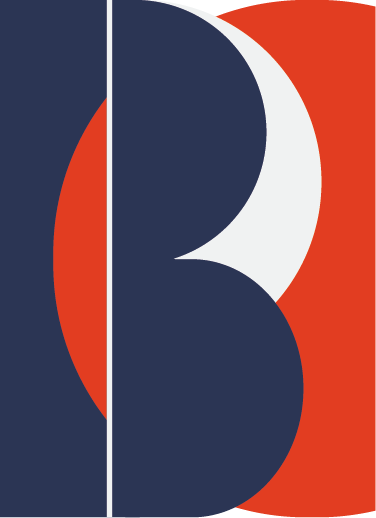By Blandine CORDIER-PALASSE, Revue RH&M n°78 p.50
At the end of the first phase of a crisis, which is likely to be long and multi-faceted, many groups are going to undertake a thorough review of their management bodies. What's more, many will be assessing their governance in times of crisis by analysing the decisions taken and the methods used to communicate with the various stakeholders. This is also an excellent opportunity to focus on the men and women who make up these bodies and who will have to steer the company through alternating periods of crisis and recovery.
To find out how to work better to cope with the inevitable aftershocks after the initial shock of the health crisis comes down to asking three questions:
1/ What talents have been revealed and how can we make the most of them in the future?
Under stress and urgency, behaviour changes. Some are remarkably effective, proposing innovative solutions. They also devise and implement action plans to ensure the company's survival. These people are invaluable. How can we identify them and build a role for them that matches their skills and soft skills?
2/ Were relations between the Board of Directors and the Executive Committee optimal during the crisis?
The Executive Committee is responsible for managing the crisis on a day-to-day basis. The directors are responsible for ensuring the company's good governance in the short, medium and long term. The committee must therefore monitor management's handling of the crisis. It must also ensure that management assesses the impact of the risks generated by the health crisis on the company's strategy, business and finances. This must be done in accordance with the company's values. In the event of poor management of the crisis, the directors may have to play a more active role.
Have relations between these two bodies adapted to the situation? Were board members able to support management with humanity and empathy? Were they able to challenge them constructively? We talk a lot about the soft skills needed by senior executives. They are also fundamental for directors. Particularly at a time when it is crucial to protect employees and secure the future of the company.
3/ What was the quality of interaction within each body?
The diversity of experience, the pressure of urgency and the fear of the unknown must not hinder the quality of debate or the collegiality of decision-making. In times of crisis, however, there are two tendencies that are detrimental to company management. Firstly, the inability to decide or the temptation to be authoritarian. Secondly, the exercise of behavioural qualities by talented members is one way of avoiding these pitfalls.
An action plan to answer the three questions
A personality assessment, using an objective tool, highlights leadership abilities as well as any blockages. By corroborating this analysis with an interview with each member of the Board and Comex, it is possible to determine the type of interaction with the other members, and which individuals have helped to create value. By working with a third-party expert to assess the energies of each individual, the proven strengths and weaknesses of its human capital in times of crisis, and to implement the resulting corrective measures, the company will have the means to strengthen the effectiveness of its decision-making circuits and crisis management processes, and put in place a plan for the future in the midst of the storm.
See also:
https://www.globalrh.fr/wp-content/uploads/2023/03/19-INVITATION_BINOMES_2023.pdf
BLANDINE CORDIER-PALASSE
Chairwoman of BCP Executive Search, a firm specialising in the recruitment of Risk & Compliance, Legal, Finance and Directors, and in advising senior executives on the governance/evaluation of boards of directors and executive committees. Doctor of Law, Co-founder of the Cercle De la Compliance,
Former Legal Director and Secretary to the Board of Directors of listed companies.
